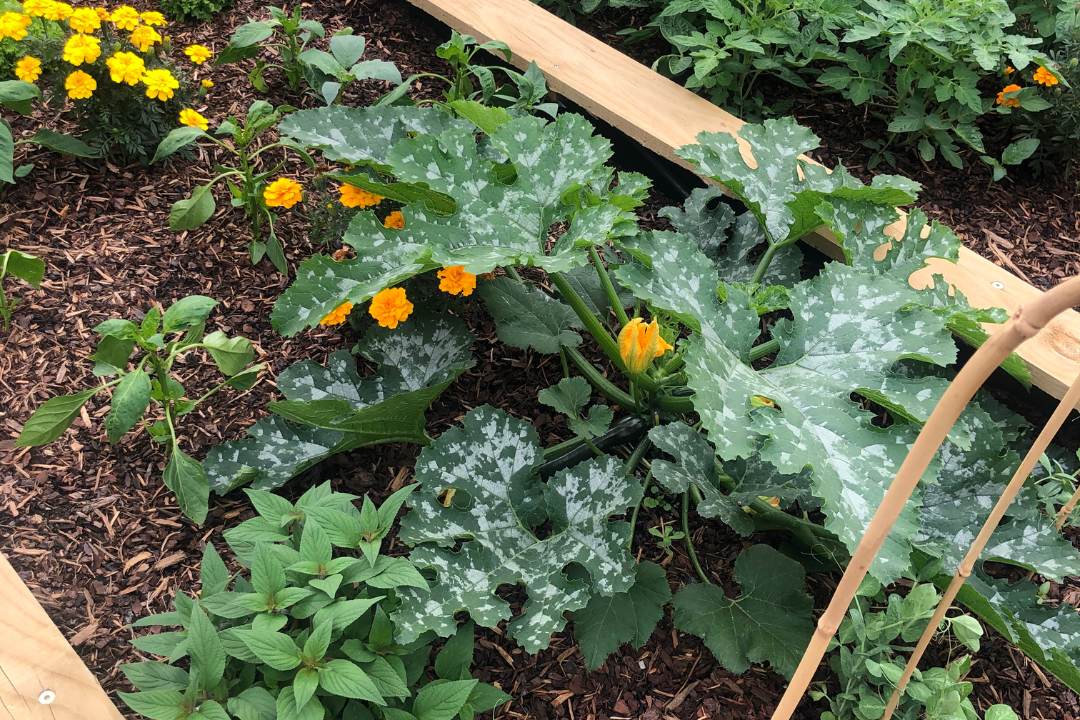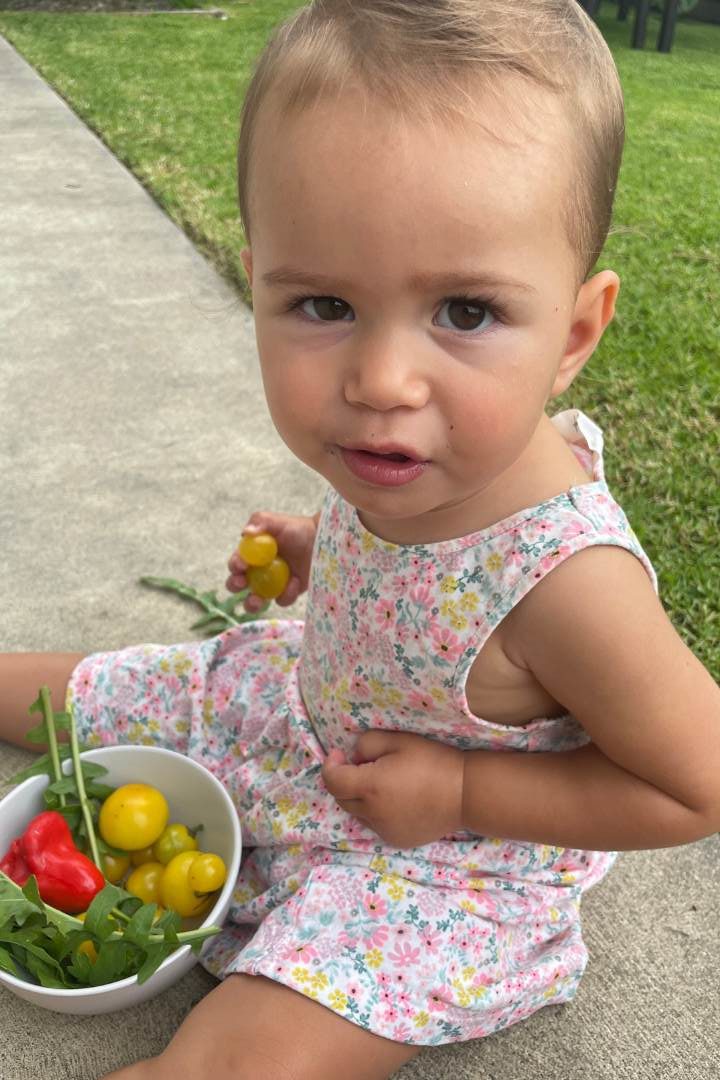
26 Sep Tamaiti wāwāhi tahā
Our baby is two next month. Some days, kai is scoffed down and other days, thrown on the floor. We are trying to emphasise that kīnaki is not a meal on its own and I am learning to take each moment in my stride.
While Western nutrition draws attention to ‘balanced’ and ‘healthy’ food, as a parent, prioritising how we connect to food as Māori and relate to the systems of food around us is front of mind. Drawing further attention to our relationship with kai has also been reinforced by the mahi I am supporting in the Kai Māori, Kai Ora realm. While we are deliberate in raising our tamāhine in te reo Māori, giving way to experiences with our taiao is just as important. In a context where our colonial systems deplete and take from our taiao, ensuring we are looking to different ways of living is important in giving rise to change.

A relational way of being, in my experience, is interrogating a lot of everyday colonial practices which are harmful and looking instead to tikanga Māori. It has been hard to not feel overwhelmed by the devastation that these extractive systems cause and how they harm our ecosystems, waters, lands, and forests. Shifting attention to things like growing kai, preparing kai, and the life cycles of the māra has supported joy re-entering the kai space. Connecting with Māori community groups who are restoring their whenua has also been really impactful, as they demonstrate the radical change needed. Having something – even something small and practical – in the context of kai offers our whānau a lot. My girl loves being in the māra and it brings me hope that she’ll know way more than I do about how to grow kai and about its whakapapa.
At the moment, the māra is offering a space to learn colours and what they may or may not represent. Last season green tomatoes and strawberries were rapidly ripped off by our pēpi. This season, there is a realisation that colour changes reflect when kai might be a bit more tasty and not “he āhua kawa” as described when green strawberries were eaten. The whakataukī, tamaiti wāwāhi tahā, really started to mean something in those moments of frustration where the plants were being more or less attacked. It reminds me to show grace in those times and that I, too, have a lot to learn about myself in those moments of feeling hōhā.



